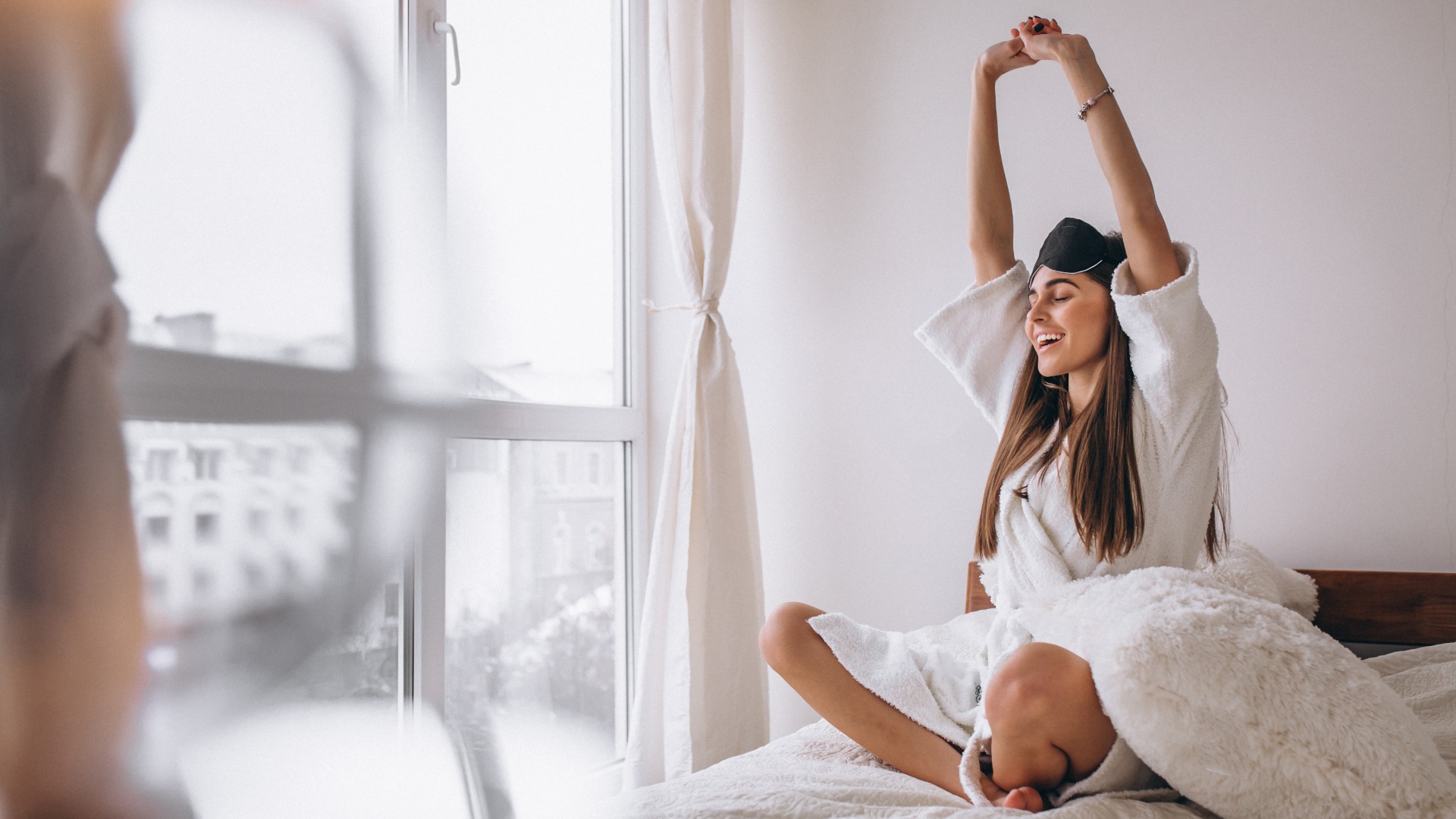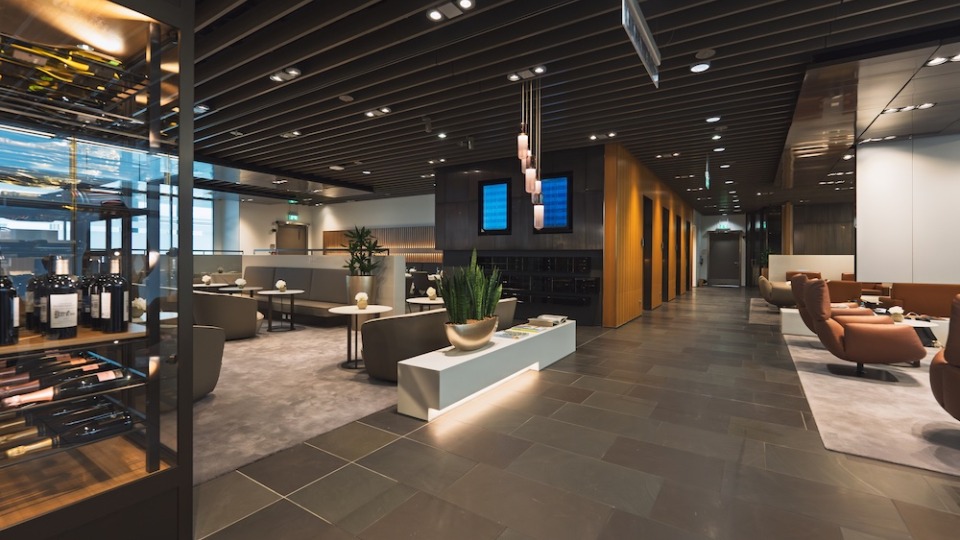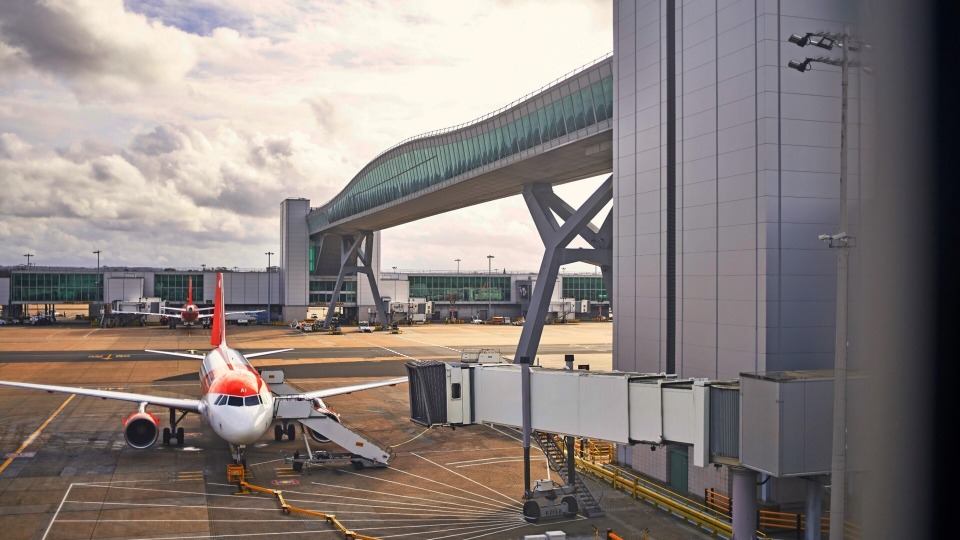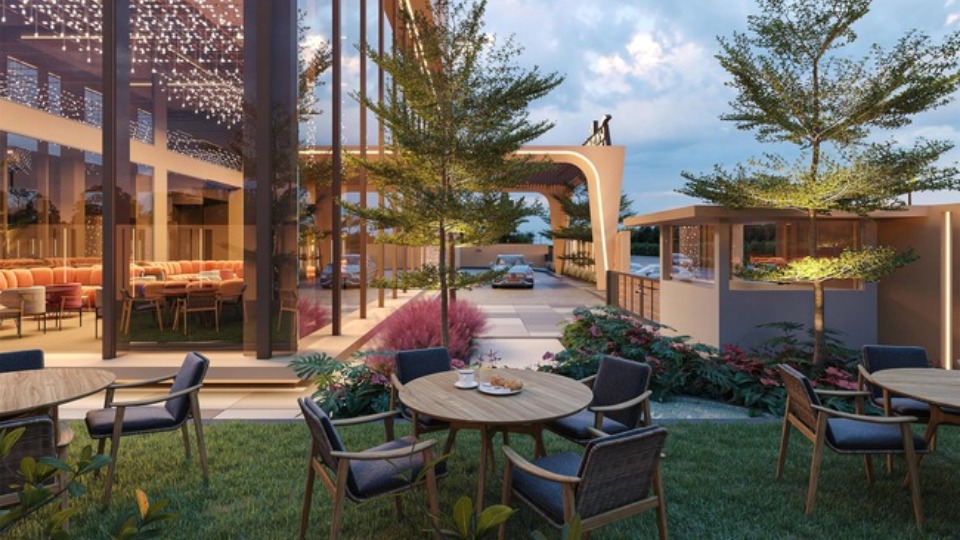
Sleep Tourism is Gaining Popularity Worldwide

Is quality sleep eluding you post pandemic? Are you waking up all night with erratic sleeping patterns? You might want to check into a luxury hotel to enjoy your 40-plus winks.
It's not surprising that the concept of sleep travel is becoming more popular all over the globe. A study done by the American Academy of Sleep Medicine found that 60% of Americans suffer from "Covid-somnia", a condition that is linked to the Covid-19 pandemic.
The situation isn't any worse in other parts. Global studies show that the world's exhaustion industry, which is comprised of workers with compromised health and sleep deprivation, is growing at an alarming rate. This could have catastrophic consequences for not only individuals but also for national economies if it is not addressed.
A 2022 study by the Gulf Medical University, Ajman found that 63.2 percent of the participants had sleep problems, according to the Pittsburgh global score. Ajeena Abdul Khader and Shahnaz Kolippulakkal conducted the research. They found that subjects were suffering from poor sleep quality, short sleeping duration, sleep disruptions, sleep apnea, insomnia, restless leg syndrome and sleep apnea.
It is well-documented that sleep problems can have an impact on other conditions, such as heart disease, hypertension, heart attacks, heart rhythm disorders, strokes and diabetes in adults.
Luxury hotels all over the globe are offering a variety of amenities that cater to this new demand. They include customized mattresses, Ayurvedic perfumes and pillows drops, curated sleep music and a chef-curated, "sleep well" menu.
"More and more properties are focused on travellers who are looking for peace of mind and quality sleep," stated Akshay Chauhan, a yoga and Ayurveda expert. "There's an emphasis on sleep [since] the Covid-19 era, because so many people struggled with it. Insomnia may be the primary problem, but there's a strong desire from people for experiences and treatments that aid in rejuvenating slumber, foundational to sound physical and mental health."
The brand's new Westin Resort & Spa in Himalayas is a perfect example of its wellness approach. The property is located on 12 acres of lush, mountainous land along the Shivalik Range, at an elevation of 1,371m. It promotes the brand’s Six Pillars of Wellness. This includes a dedicated "sleep-well" vertical. The brand's Heavenly Bed, Heavenly Rain Showers, and White Tea Aloe Bath amenities are featured in all rooms.
You can also find the Sleep Well Lavender Balm at the resort, which contains calming essential oils like chamomile.
"The balm can be rolled on to your temples or rubbed on wrists before bedtime to induce uninterrupted sleep. We aim to empower our guests to maintain their wellbeing routines even when they travel," mentioned Amardeep Singh, the Himalayan property's general manager.
Restful sleep is key to wellbeing, no matter if they're adjusting to a different time zone or recovering after a trip. He says that our range of products and programs ensures that each guest gets a good night's sleep so they can be ready for the day ahead.
Experts believe that the demand for sleep has increased since the pandemic. Travellers are increasingly seeking wellness retreats that can help them achieve their health goals.
The Jehan Numa Pala Hotel in Bhopal in central India's Madhya Pradesh has created a curated pillow menu. The five options include microfibre and memory foam, buckwheat shell, siliconised fibres, feather, and down.
"For those in the corporate world, especially, work stress and lack of personal time makes slow travel a priority," a spokesperson from the hotel mentioned. "As the pandemic has impacted the sleep health of so many people, our aim is to provide a relaxing space that not only helps guests sleep better, but also helps them improve their overall health and well-being."
London's Zedwell, the first hotel that is sleep-focused, was established in 2020. It featured innovative soundproofing and AI-powered mattresses. Hastens, a Swedish bed manufacturer, has unveiled its first boutique hotel, the Hastens Spa Hotel in Coimbra, Portugal, in 2021. The Park Hyatt New York launched the Bryte Restorative Sleep Suite. This 900-square foot "sleep sanctuary” features The Restorative Mattress by Bryte.
The Sha Wellness Clinic, Alicante, Spain offers a seven-day Sleep Recovery Programme. It combines natural therapies, technological treatments, and nutrition plans. This program focuses on the prevention and improvement of insomnia. The pioneering wellness center recently introduced Hogo "sleep" systems in its presidential suite as well as two grand suites.
The Hogo bed is made from materials that resist electromagnetic pollution and promote proper temperature regulation. It promises to promote mental equilibrium, reduce oxidative stresses, promote cell regeneration, and improve the functionality and functionality of the immune system.
"The most important thing about Hogo is the patented graphite and silver mesh, which, together with the earthing system, absorbs, channels and eliminates the radiation that the body has acquired throughout the day," says Vicente Mera, Sha Wellness Clinic's specialist in sleep medicine.
"Beech wood, merino wool, coconut fibre, 100 per cent latex, cashmere and organic cotton are other materials used in the Hogo system, the parts of which are assembled by hand. In addition, it is recommended to install the headboard facing north, according to the principles of feng shui."
Six Senses Hotels is leveraging the increasing demand for slow, wellness travel and has launched a Sleep with Six Senses program. It aims to improve sleep patterns, restore energy, and establish sustainable sleep habits.
Six Senses Zighy Bay uses natural, organic, handmade mattresses, cotton bedding, pillow, and scent menus to promote quality sleep.
Doctors believe that getting seven to nine hours of sleep a night is essential for both mental and physical health. "Sleep allows our body and minds to heal and recharge, leaving them refreshed, alert, and active when they wake up," Dr Sanjay Manchanda, a doctor in the sleep medicine department at Sir Ganga Ram Hospital, New Delhi, says.
"Quality sleep also helps the body to remain healthy and disease-free while building our immunity. But the pace of modern life hardly gives us time to stop and rest, and get a good night's sleep on a regular basis. Digital overexposure is only making things worse."
He says that the pandemic has disrupted all of our natural cycles. "We started seeing more cases of mental health issues, depression and anxiety."
"Now that we are coming back to normal life, people are looking for experiences that help them resolve their sleeping patterns, eat healthier and exercise."
Source: thenationalnews.com








